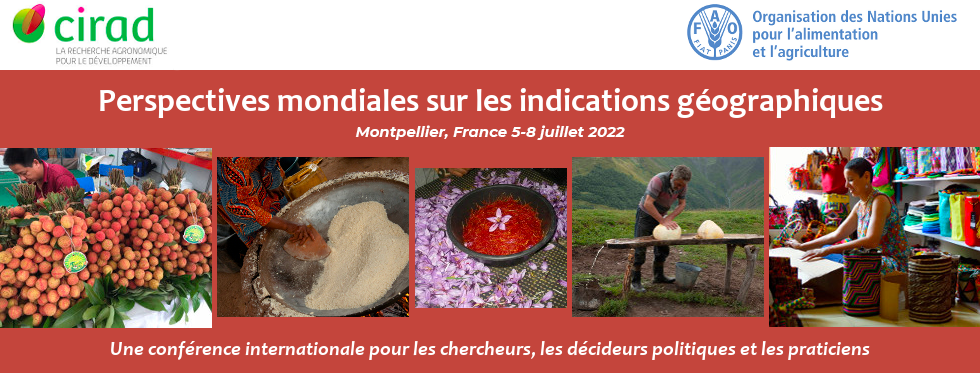Geographical Indications (GIs) are increasing worldwide, as they are supposed to allow for better protection of agro-food heritage and to stimulate rural development. In Southern and developing countries, this growth is often supported by Western countries or institutions, offering their know-how in that matter while also defending their own economical and political interests. For instance, Ecuador has proceeded since 2009 to develop GIs through assistance from a French institution, the National Institute of Origin and Quality (INAO), thus adopting French models for its GI laws, regulations, and specifications for products and productions practices. Under this initiative, the country has established six recognized GIs.
Ecuador is thus a good case to interrogate the way GIs are adapted and implemented from Western to Southern countries, and to analyse their local effects. In this paper, we propose to use the Ecuatorian GI “Café de Galápagos” as a case study to explore the global diffusion of GI as a policy model for protection of agro-food heritage. We describe the controversial results of an international policy transfer in this domain of rural development.
In order to do this, we use data collected at two levels of policy implementation: 1) at the macro-level of Ecuador's legal context, membership in regional and international governance bodies and institutional structure of GI management; and, 2) at the micro-level through an in-depth exploration of the implementation of a GI label protecting coffee grown on the Galápagos Islands. These data were collected by means of interviews, documents analysis, and direct observation through several fieldwork periods in Ecuador, with respondents from national institutions in Quito and coffee producers, processors, and retailers in the Galapagos Islands.
In this paper, we show how the establishment of Ecuador's GIs was shaped by the country's historical agricultural policy orientation towards competitiveness in export commodities sectors such as coffee and cacao. We underline how the blanket adoption of a European model for management of the Galápagos coffee GI failed to consider the islands' heritage, the challenges of the Galápagos coffee sector, and the capacity of the collective producer organization to manage production and commercialization under the label. This example clearly highlights the need to consider cultural, political and social constraints in the definition of GIs so that they can play a role as rural development tools.



